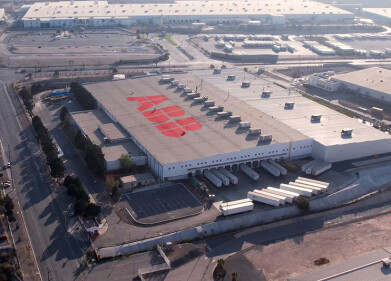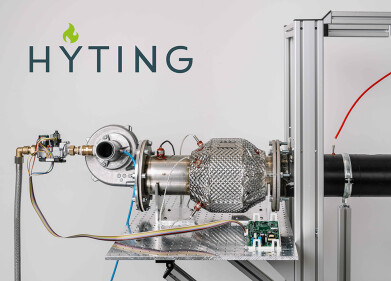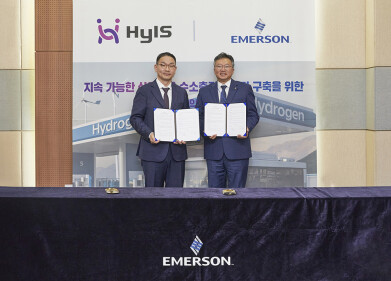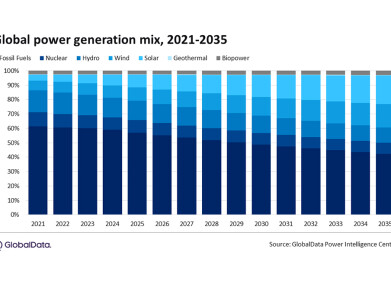-
 Photo of the BEKON biogas plant in Enger: The BEKON MINI system allows dry fermentation to be conducted even in the smallest of spaces and can also be used with low input quantities.
Photo of the BEKON biogas plant in Enger: The BEKON MINI system allows dry fermentation to be conducted even in the smallest of spaces and can also be used with low input quantities.
Green energy
Generating Energy From Biomass
Jan 30 2018
BEKON presents both an efficient and cost effective approach to the innovative generation of energy from organic waste with its BEKON MINI dry fermentation system. BEKON has recently added a new fermentation plant of this type to the existing composting and transfer station of KOMPOTEC Kompostierungsanlagen GmbH at Enger, Germany. The phased commissioning has already been completed.
Unterföhring. Through the use of dry fermentation technology, BEKON biogas plants offer the option of advanced and efficient biogas production. With a low energy consumption, they achieve a constant, maximum output of high methane content biogas, through fermentation of solid substrates. These include, for example, organic and garden waste, organic fractions from residual waste processing, solid cattle manure and other stackable organic wastes. The resulting digestate is noted for its excellent structural properties and a comparatively low water content, which therefore makes it ideally suited for aerobic conditioning and further treatment to high grade, nutrient rich compost or organic fertiliser for soil improvement. In contrast to incineration or landfill, the BEKON process operates with a closed nutrient cycle.
The BEKON MINI system allows this type of dry fermentation to be conducted even in the smallest spaces and can also be used with low input quantities. The new biogas plant in Enger has an annual input capacity of 8,500 tonnes of biowaste (kitchen and garden waste), from which some 1.1 million m³ of biogas can be produced. This is used both for the generation of electricity (1,210,000 kWh/a) and for heating (1,200,000 kWh/a). It is calculated that this will allow about 350 households (based on a household consumption of 3,500 kWh/a) to be supplied with electricity from the BEKON system. To produce this amount of electricity would, for example, have required 205,000 m³ of natural gas. Compared to straight composting, this allows further savings in greenhouse gas emissions of 1,050 tonnes CO2 equiv. to be realised.
Furthermore, BEKON systems are not just noted for their high operational stability and safe disposal, but also for the greatest possible energy efficiency. As a result, only a fraction of the energy generated flows back into the plant to supply its own energy demand. In Enger, only 8% of the electricity generated is used for operation of the biogas plant itself. The remaining majority of 92% is fed into the regional power grid. In addition, the recovered waste heat will, in the near future, be utilised externally, for example, through feed-in to a local or district heating network or for use in drying materials. In this case as well, only a small fraction of the thermal energy is needed for operation of the plant itself.
Currently, some 60 BEKON biogas plants are already in operation around the world. The BEKON MINI plant in Enger is the third biogas plant of this type to be installed, following projects in Galmiz (Switzerland) and Ahrenshöft (Germany), with several others now well into the planning and implementing phase.
Events
Feb 05 2025 Nantes, France
Feb 16 2025 Kampala, Uganda
Feb 26 2025 Chennai, India
Feb 26 2025 Tulsa, OK, USA
WATERTECH CHINA (GUANGDONG) 2025
Mar 05 2025 Guangdong, China











